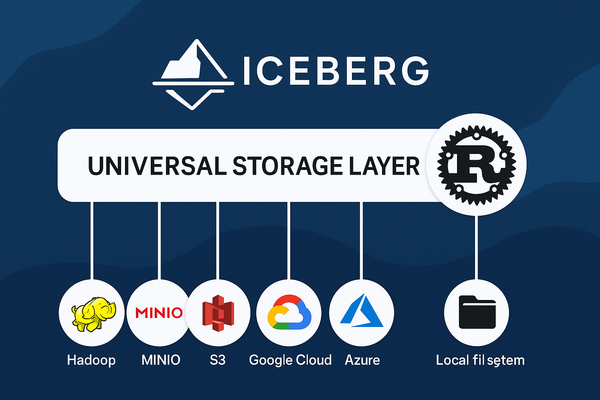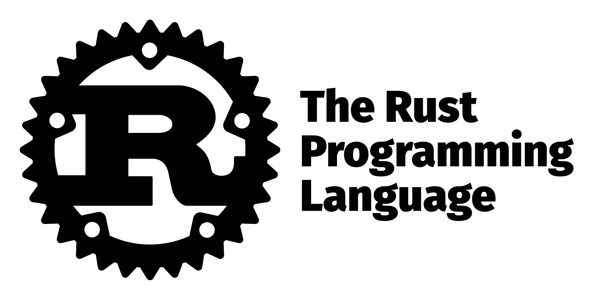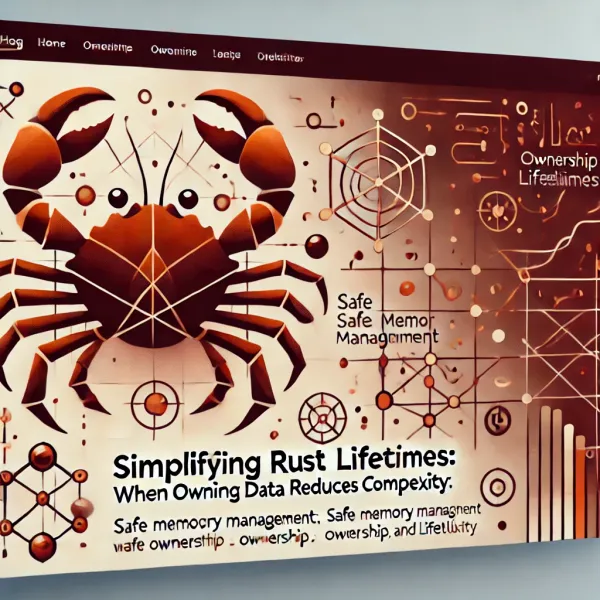
Apache Iceberg
One Interface, Many Backends: The Design of Iceberg Rust's Universal Storage Layer with OpenDAL
Apache Iceberg's core promise is to treat files in a data lake on Minio AIStor, S3, GCS, HDFS, or your local disk as if they were rows in a high-performance database table, complete with ACID transactions and schema evolution. It's a powerful abstraction. But how does











